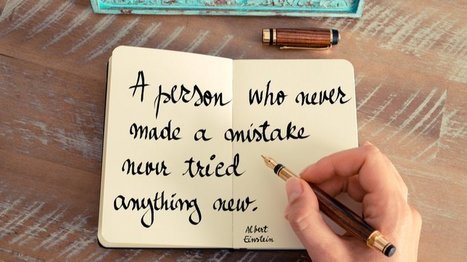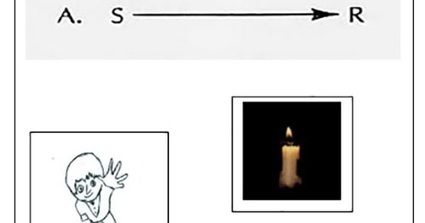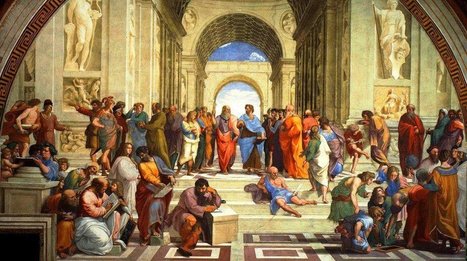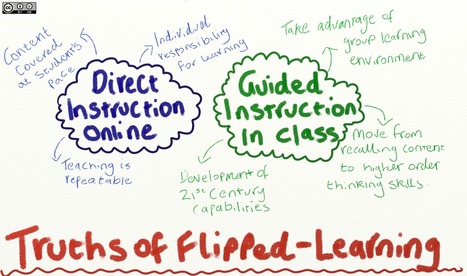John Dewey was a leading proponent of the American school of thought known as pragmatism, a view that rejected the dualistic epistemology and metaphysics of modern philosophy in favor of a naturalistic approach that viewed knowledge as arising from an active adaptation of the human organism to its environment. On this view, inquiry should not be understood as consisting of a mind passively observing the world and drawing from this ideas that if true correspond to reality, but rather as a process which initiates with a check or obstacle to successful human action, proceeds to active manipulation of the environment to test hypotheses, and issues in a re-adaptation of organism to environment that allows once again for human action to proceed.



 Your new post is loading...
Your new post is loading...













![Dewey, John [Internet Encyclopedia of Philosophy] | Information and digital literacy in education via the digital path | Scoop.it](https://img.scoop.it/UJT2Dzb-QxiNSk7y0kQ-6Dl72eJkfbmt4t8yenImKBVvK0kTmF0xjctABnaLJIm9)




